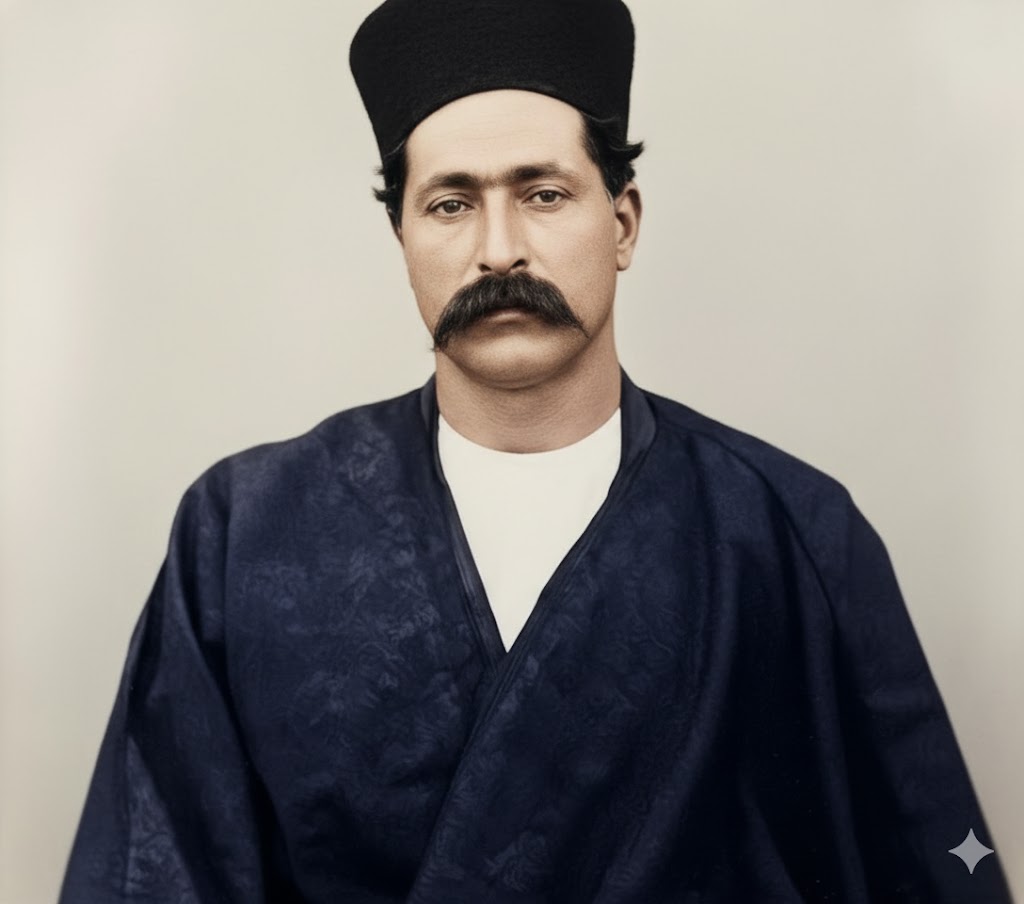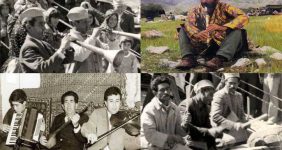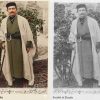3. Wilhelm Wassmuss …Encounter with Soulet ed Doule(Sowlat al-Dowleh Qashqai)
Wilhelm Wassmuss:
Encounter with Soulet ed Doule(Sowlat al-Dowleh Qashqai)
Since the Ilkhani of the Qashqai tribes, Soulet ed Doule, happened to have set up his camp quite nearby, I believed I should not let the opportunity pass to pay him a visit and make his acquaintance. I therefore rode, accompanied by a Mirza, a servant, and two gendarmes who had been made available to me by the commander of the Gendarmerie Regiment, to the tent city where Soulet ed Doule was located. As I only intended to stay with him for about half an hour, I sent my caravan to a nearby village where I planned to spend the night.
Soulet ed Doule received me in a very spacious tent, furnished with beautiful carpets, in an extremely cordial manner. I explained to him that I had coincidentally come near him on my journey and did not want to let the opportunity pass to pay him a visit. He expressed his pleasure at this but declared it impossible for me to return the same day. According to the customs of the Iliat (nomadic tribes), I must stay the night with him. He rejected all my objections, and as I became convinced that he would indeed have considered it an impoliteness if I had ridden away after a short visit, I stayed until the next morning.

While the sight of the thousands upon thousands of Qashqai tents, with the countless herds of sheep, cattle, donkeys, and camels that animated the plain as far as the eye could reach, was remarkable, the visit to the Ilkhani or Serdar i Ashayer, as his new Persian title reads (Commander of the Tribes), was highly instructive in various respects. He had set up his camp on an elevated spot that allowed for an unobstructed view over the plain. Here, the tents stood so densely over a considerable area that one had more the impression of a town.
In contrast to the ordinary black nomadic tents made of goat hair, which are very simple and usually completely open on one side, here one also saw white tents, many of stately appearance and towering size. The tent into which I was led, and which was used only for receiving guests, had a central room that was connected to the surrounding chambers by roll-up tent doors on all sides. The floor was covered with finely crafted carpets; camp chairs and a table were concessions to European visitors.
From the beginning, I explicitly stated that I had come to him not as the German Consul but merely as a private individual. However, this did not prevent him from showing me honors that were undoubtedly meant for me in my capacity as the German Consul. The evening banquet, which, according to nomadic custom, took place on the floor with the serving of high mounds of differently prepared rice and countless other dishes, was attended by his dignitaries and various Persian notables who were staying in the camp. Even though a clerical Seyyid from Shiraz was present, he raised a toast to His Majesty the Kaiser with excellent Shiraz wine, which is forbidden for him as a Muslim.
To be continued…














